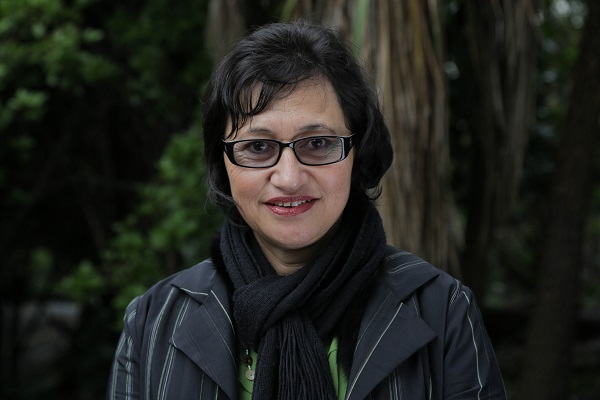
<h4 style="text-align: justify;">New research from the University of Auckland has shown that pupils in kura kaupapa Māori-language immersion schools who have English introduced to their lessons gain a better grasp of both languages.</h4>
<p style="text-align: justify;">The research was conducted by Dr Sophie Tauwehe Tamati of the Te Puna Wānanga School of Māori and Indigenous Education at the Faculty of Education and Social Work.</p>
<p>Dr Tamati’s research was conducted for her PhD thesis, <em>Transacquisition Pedagogy for Billingual Education: A Study in Kura Kaupapa Māori</em>. She says the thesis has cleared the way for teachers and kura kaupapa Māori to use a type of pedagogy which she created called “Transacquisition”. Under her theory, instead of kura kaupapa Māori students having English introduced at secondary school level, it should start when the pupils are aged 11 and 12.</p>
<p>“The introduction of English is better placed when the children are in years seven and eight,” she says. “This could stop the current pattern of many parents pulling their children out of kura kaupapa Māori schools at year eight and sending them to mainstream high schools to start learning in English.”</p>
<p>Dr Tamati carried out her research in two kura kaupapa Māori and used her Transacquisition teaching approach with 24 year seven and eight students over an eight-week intervention programme.</p>
<p>For one and a half hours in weeks one, three, five and seven, the students read story books written in te reo Māori to retell using their own reo Māori. Then they would re-voice their reo Māori story in English. Some even managed to rewrite the original reo Māori story in English. In weeks two, four, six and eight, the students did the opposite. They read English story books to retell in English. Then they re-voiced their English stories in te reo Māori to then rewrite in Māori.</p>
<p style="text-align: justify;">After the eight-week programme, the kura students had improved their English literacy at a rate that was 5.87 times faster than a similarly abled group in a decile ten English-medium school.</p>
<p>“Ms Tamati’s dissertation has the potential to radically re-align pedagogical approaches currently in place in the education of emergent bilingual students,” says Professor Jim Cummins who is a one of the world&#8217;s leading authorities on bilingual education.</p>
<p>Despite the positive results Dr Tamati’s research has met with some resistance from Māori. “At first, my PhD topic was very, very unpopular. It challenged the need for the Māori language to be used exclusively in kura kaupapa Māori in order to revitalise the language. It addressed the reality of kura children who don’t live in an exclusively Māori world. Most kura children go home to English and Transacquisition helped them to lift their academic achievement in both their languages.</p>
<p>“It stands out internationally because it proves that bilingualism and biliteracy development can be accelerated.”</p>
<p style="text-align: justify;">Dr Tamati is now in the process of publishing her thesis as a book for teachers here in New Zealand and overseas to use Transacquisition to raise the academic achievement of bilingual children in their classes.</p>

NZEI Te Riu Roa is considering legal action against the government for the disestablishment of…
NZQA is implementing AI-marking for all Year 10 written assessments from this year onwards, following…
Teaching personal financial responsibility isn't enough. Children should be taught broader economic context, argue New…
When students can't hear the teacher, they can't learn properly. Sound quality matters in education…
The Garden City is rich with learning opportunities, no matter what subject or part of…
Teaching Council of Aotearoa launch school leaders’ stories project with Unteach Racism to challenge institutional…
This website uses cookies.